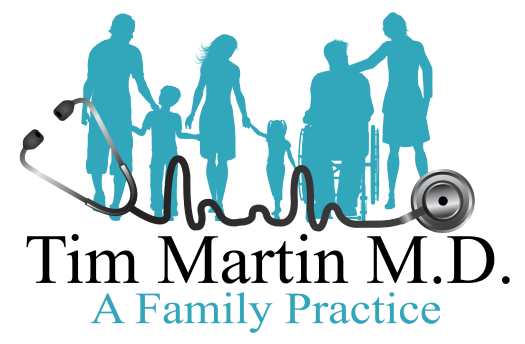Achieving your weight loss goals is a difficult task that requires dedication and hard work. However, with the right strategies, you can achieve the desired results. There’s no denying that reaching your weight loss goals can be an uphill battle – but it isn’t impossible. Here are a few pointers to set you on your way to achieve your weight loss goals.
Achieve Your Weight Loss Goals: Setting Targets
Setting realistic targets and objectives is the first step to achieving your weight loss goals. Setting unrealistic targets, such as drastic changes in body weight or a too-short timeline, will only lead to disappointment. Instead, focus on achievable goals such as modest reductions in calorie intake or increases in physical activity levels.
Don’t Skip Meals
When it comes to dieting, do not skip meals or rely solely on liquid diets, as these can lead to nutritional deficiencies and further hinder progress toward your goal. Instead, try reducing food portions while including all the nutrients necessary for health. Additionally, focus on nutrient-dense foods such as vegetables, lean proteins, and whole grains rather than processed or high-calorie snacks.
Get Moving!
Physical activity is also essential for achieving weight loss goals. Start by participating in activities you enjoy, such as walking or swimming. Gradually increase the intensity over time by incorporating strength training exercises or interval training sessions into your weekly routine. It is also essential to ensure you get enough sleep to help keep stress levels low and make it easier to achieve exercise goals.
Accountability
Maintaining accountability will significantly enhance your chances of success when trying to achieve your weight loss goal. You can accomplish this through tracking measurements such as body fat percentage or waist circumference each week, which will provide motivation when progress slows down, or plateaus occur during the journey towards achieving your goal weight.
Additionally, having friends and family members who understand what you are trying to achieve can provide support when times get tough. They can also discourage unhealthy behavior patterns like binge eating or emotional eating when faced with challenging situations while reaching your goal weight.
Tracking Your Progress
Tracking your progress is incredibly important to achieve your weight loss goals. Keeping track of the goals you set, the actions you take towards achieving them, and the results of those actions can keep you motivated and on track.
Regularly recording progress also helps to keep the momentum going so that even if a setback occurs, there is a clear path forward for getting back on track quickly and efficiently. Tracking progress doesn’t have to be complicated; simple tools like journals, apps, or spreadsheets can record daily data such as calorie intake, time spent exercising, BMI, or body fat percentage.
Achieve Your Weight Loss Goals: In A Nutshell
Reaching weight loss goals may seem daunting initially. Still, with proper planning and determination, anyone can achieve their desired results with time and effort. You can achieve excellent results by setting realistic objectives, making dietary modifications, and increasing physical activity levels without sacrificing overall health.
Chatting with a medical professional before you embark on your journey is also a good idea. They can advise on achieving your goals safely and what strategies may be best for you. Dr. Martin has extensive experience in weight loss management, so if you’d like to achieve your goals safely and efficiently, contact Dr. Martin today!
